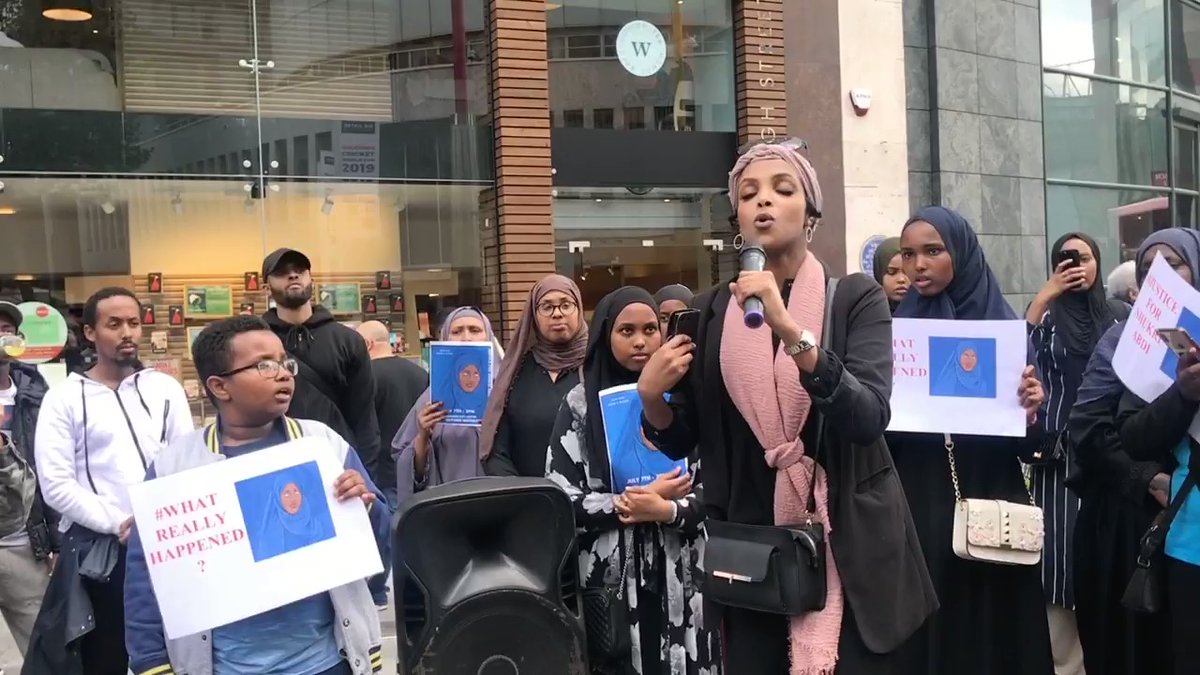Historically, black people have suffered discrimination for their hair, which is often far from the eurocentric ideals of beauty and professionalism. New stories pop up regularly of students being sent home for wearing their hair in an Afro or braids, despite the fact that they are simply wearing it in its natural state, rather than burning the kinks and curls into submission with relaxers that have been proven to contain some of the most toxic chemicals on the market.
Black women especially face the pressure to conform to what society has determined is professional. A recent study by Dove says that black women are 80% more likely to change their natural hair to conform to social norms or expectations at work.
But now, finally, it appears the wheels of change are in motion.
Democratic governor Gavin Newsom has signed a bill that makes California the first state to protect black people from hair discrimination.
On Wednesday, Newsom signed the CROWN Act ― which stands for Creating a Respectful and Open Workplace for Natural hair ― into law, after the state assembly passed it on the 27th of June, and the state senate passed it about two months before that.
He signed it surrounded by black female senators, all showing the diversity in natural hair.
LIVE: @gavinnewsom @senhjmitchell sign #CROWNact to ban racial discrimination against hairstyles at work & school. https://t.co/o6pbnepMGy
— Office of the Governor of California (@CAgovernor) July 3, 2019
“There’s a human element to this. We don’t want to diminish people, we don’t want to demean people … We have to own up to the sins of the past,” Newsom said. “I hope that folks are paying attention all across this country.”
The new law was introduced by Democratic state senator Holly Mitchell — a black woman — and outlaws policies that punish black employees and K-12 students for wearing their hair in natural or protective styles.
Workplaces and public schools will be banned from imposing unreasonable grooming policies that disproportionately affect people of colour, especially black people who wear Afros, braids and dreadlocks.
Mitchell felt compelled to introduce the bill following the case of Chastity Jones, a black woman from Alabama who experienced discrimination from a company that withdrew a job offer after she refused to cut her dreadlocks.
“Eurocentric standards of beauty have established the very underpinnings of what was acceptable and attractive in the media, in academic settings and in the workplace. So, even though African Americans were no longer explicitly excluded from the workplace, black features and mannerisms remained unacceptable and ‘unprofessional,’” said Mitchell according to the Los Angeles Times.
Newsom cited the viral Andrew Johnson incident — the young wrestler made to cut off his dreadlocks by a referee to avoid forfeiting a match — as the moment that bought him “to consciousness around the issue.”
A New Jersey high school wrestling referee has been benched after forcing wrestler Andrew Johnson to either cut his dreadlocks or forfeit the match. Johnson chose to compete. Outrage over the incident has grown on social media. pic.twitter.com/YtfFIBTkDJ
— TODAY (@TODAYshow) December 22, 2018
The bill updates the definition of race used in existing law to be “inclusive of traits historically associated with race, including, but not limited to, hair texture and protective hairstyles.”
“In a society in which hair has historically been one of many determining factors of a person’s race, and whether they were a second-class citizen, hair today remains a proxy for race,” the bill says. “Therefore, hair discrimination targeting hairstyles associated with race is racial discrimination.”
California is the first state in the USA to enforce the ban on natural hair discrimination, but New York passed a similar ban in February, stating that hairstyles fall under the city’s anti-discrimination laws because attempting to regulate black hair is deemed a form of racism.
